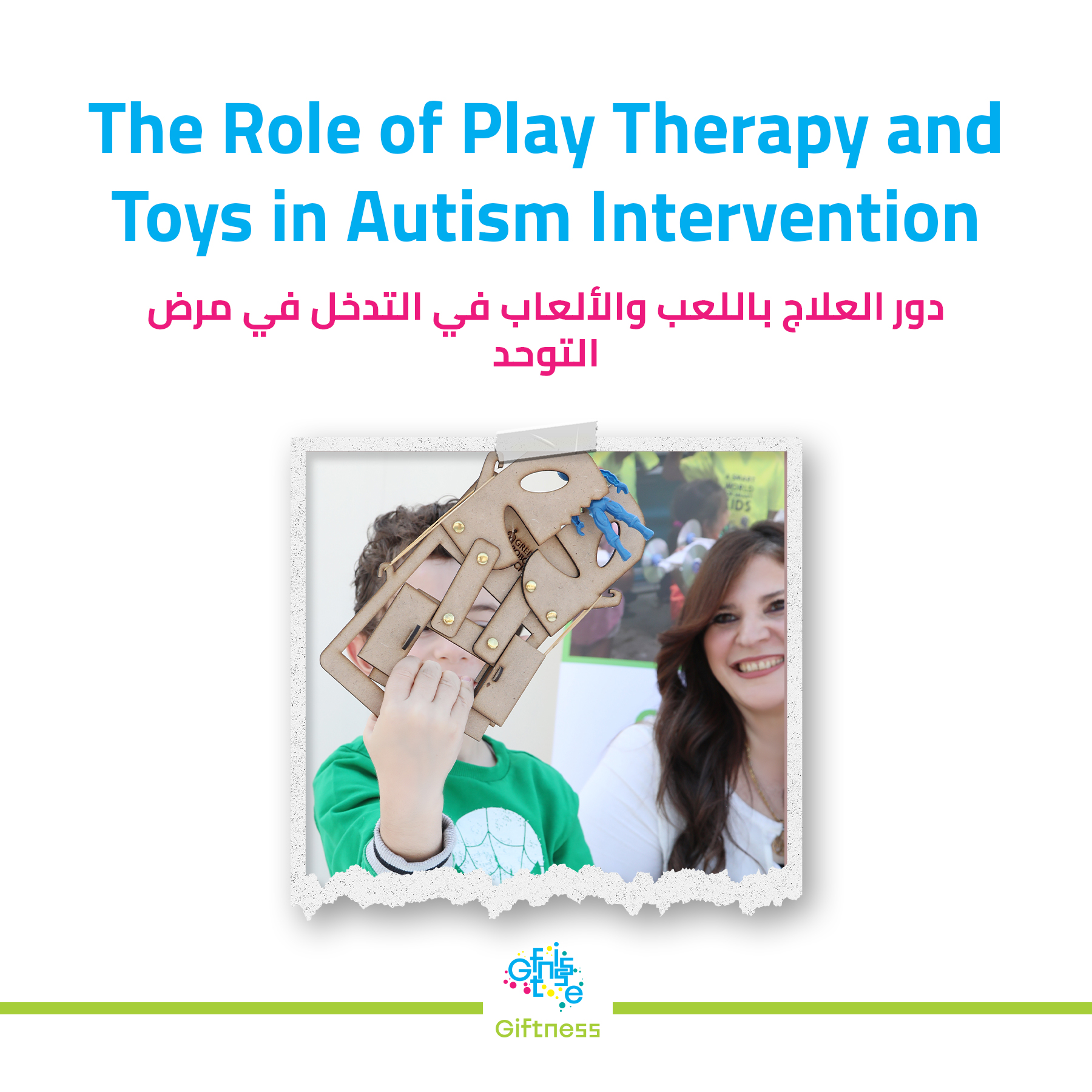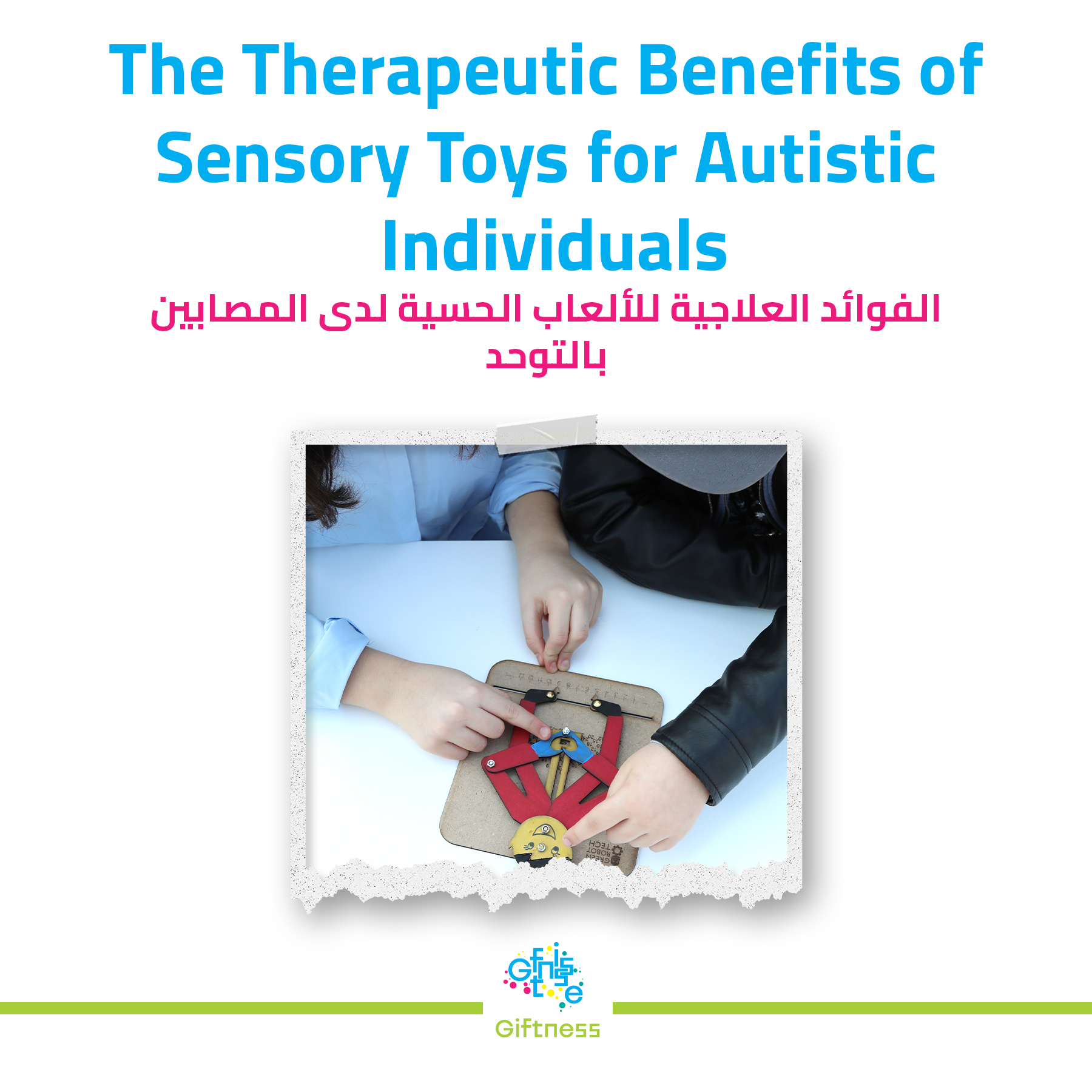
“The Role of Play Therapy and Toys in Autism Intervention”

Play therapy, a therapeutic approach that utilizes play to support emotional, social, and cognitive development, has proven to be highly effective in autism intervention. In this article, we explore the role of play therapy and toys in supporting the growth and progress of children on the autism spectrum.
We’ll provide an overview of play therapy as a therapeutic modality for children with autism. We’ll discuss how play therapy creates a safe and supportive environment where children can express themselves, develop communication skills, regulate emotions, and learn problem-solving strategies. Play therapy allows children to explore and process their experiences in a natural and engaging way.
Play therapy uses toys, games, and other activities to engage with the child in a fun and stimulating environment. Through play, therapists are able to build trust, increase communication skills and help the child develop social interaction skills. Play therapy is an important tool that can help children on the spectrum achieve a better quality of life.
Play therapy is a type of treatment that has been found to be helpful for children with Autism Spectrum Disorder. The approach uses play to engage children in a safe and supportive environment, allowing them to express themselves and learn new skills.
Play therapy has shown to be effective in helping children with autism improve their communication skills and better understand the world around them. This can include learning how to interact with others, developing social skills, and building stronger relationships with family and peers.
Play therapy is an evidence-based intervention that has been shown to have positive outcomes for children with ASD, making it an important option for families looking to support their child’s development.
Play therapy is a great way for children with ASD to build stronger relationships with their peers, family members, and therapists.
This therapy creates a safe space for these children to express themselves without feeling judged or misunderstood. Through play, children can learn how to communicate and interact with others in a more meaningful way. This can lead to better social skills and improved relationships with those around them.
Play therapy can also help children with autism develop coping skills and manage their emotions in a healthy way. It can be a powerful tool in helping these children thrive and reach their full potential.
Finally, play therapy has been proven to be a highly effective intervention for children with autism spectrum disorder. Through the use of various play activities and techniques, children are able to engage in an enjoyable and stimulating environment that promotes both physical and emotional growth.
Additionally, the ability to problem-solve and develop coping mechanisms is also improved through play therapy. Overall, the benefits of play therapy for children with ASD are abundant – from enhancing communication abilities to improving overall happiness, play therapy is a valuable resource for any child with autism spectrum disorder.

